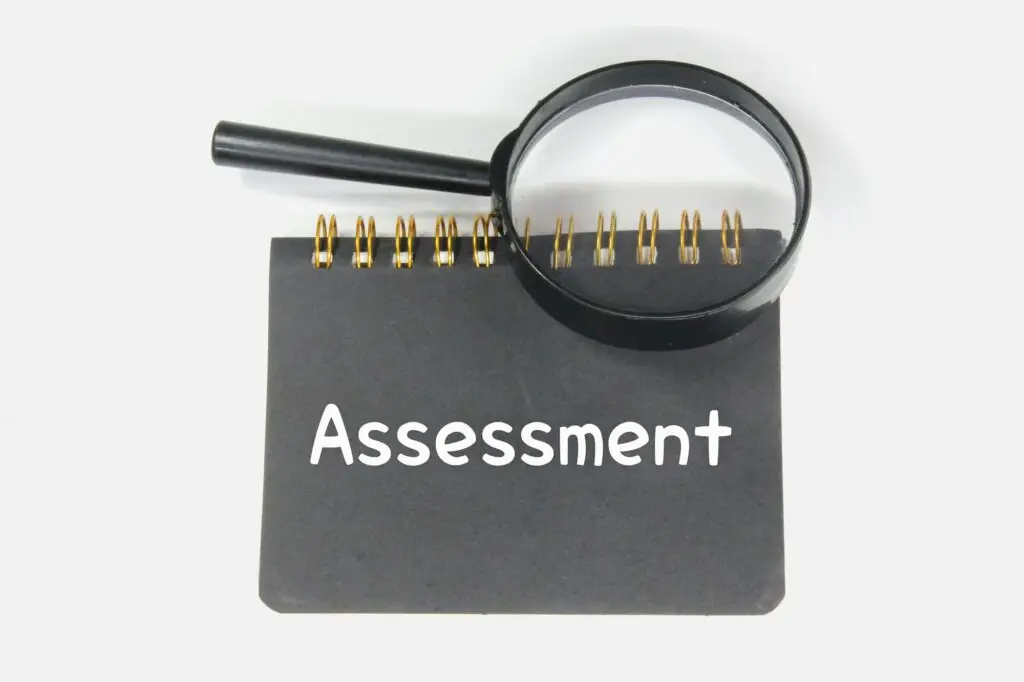While the initial intake session lays the groundwork for therapy, assessment, and information gathering don’t stop there (and I typically don’t ask a bunch of structured questions all at once). Instead, at Cardinal Point Counseling, assessment, and intake are ongoing processes that evolve throughout your work with a therapist. Rather than typing answers to common questions into a laptop in the first session, I believe the assessment is ongoing, and so is directly helping clients. I believe in providing direct value in each session.
Here’s why it’s continuous:
- Deeper Exploration: The initial session provides a snapshot. As you delve deeper into your concerns, new aspects may emerge. Your therapist might ask clarifying questions or use additional assessments to gain a more comprehensive understanding.
- Tracking Progress: Therapy is a journey. Regularly evaluating your progress helps you and your therapist see what’s working and what might need adjustment. This might involve revisiting initial goals or using standardized assessments at intervals.
- Life Changes: Life throws curveballs. New challenges, relationship shifts, or even positive developments can impact your mental health and goals. Ongoing assessment allows your therapist to adapt the approach to fit your current needs.
- Emerging Issues: Sometimes, therapy uncovers underlying issues that weren’t initially apparent. Assessment helps identify these and create a plan to address them.
Here’s how this ongoing process might look in practice:
- Regular Check-Ins: Your therapist might ask you to rate your mood or progress towards goals at each session.
- Symptom Inventories: You may revisit standardized questionnaires to track changes in symptoms like anxiety or depression.
- Discussing New Concerns: As you bring up new challenges, your therapist will ask questions and tailor the therapy accordingly.
This collaborative approach ensures your therapy stays relevant and addresses your evolving needs. If you have questions about the assessment process, don’t hesitate to ask your therapist. They’ll be happy to explain how they use ongoing assessment to create the most effective treatment plan for you.
Sure, we explored the foundational concept of ongoing assessment in therapy. But let’s delve deeper into the nuanced ways therapists utilize this approach. Here’s how assessment goes beyond simple check-ins:
- Shifting Focus: As therapy progresses, your presenting concern might morph. Initial anxieties about public speaking could evolve into deeper confidence issues that require a shift in focus. Ongoing assessment helps your therapist identify these subtle changes and adjust the therapeutic lens accordingly.
- Non-Verbal Cues: Words are powerful, but they aren’t the whole story. Therapists pay close attention to your body language, facial expressions, and overall demeanor. Shifts in these non-verbal cues can signal progress, hidden anxieties, or the need for a different therapeutic approach.
- Life Context: Therapy doesn’t exist in a vacuum. Your therapist might inquire about recent life events, changes in work dynamics, or even your sleep patterns. Understanding these contextual factors allows them to assess how external forces might be impacting your progress.
- Creative Techniques: Sometimes, standardized assessments don’t capture the full picture. Therapists might employ creative tools like journaling prompts, dream analysis, or artistic expression to gain deeper insights into your emotional landscape. This additional information enriches the ongoing assessment process.
Remember, you’re a partner in this process. Don’t be shy about sharing new experiences, asking questions about the assessments used, or voicing concerns about the direction of therapy. Open communication with your therapist allows them to tailor the ongoing assessment to serve your needs best and maximize your progress.







